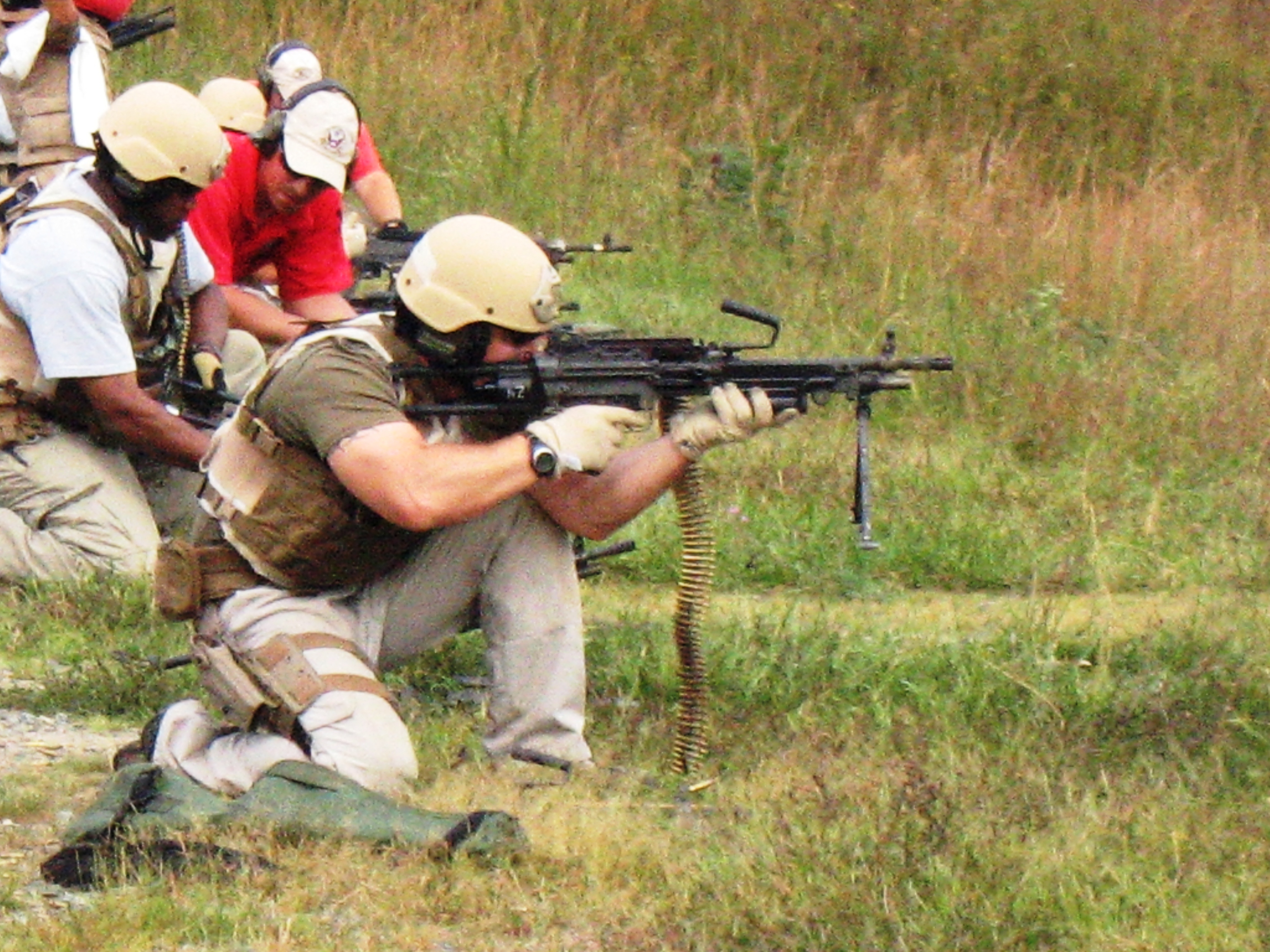Government Grants
Business Grants
Home Owner Programs
Federal Programs
About Us
Building Partner Capacity to Counter Chemical Weapons Threats
The recent and increasing use of Chemical Weapons (CW) agents by proliferator states continues to erode the norm against CW use and poses a direct challenge to global nonproliferation efforts.
Proliferator states are engaged in research and development efforts involving non-traditional agents (NTAs), Pharmaceutical-Based Agents (PBAs), and other novel agents that pose significant challenges to detection, identification, and attribution should they be used in CW attacks.
The increasing pace of innovation in, and decentralization of, CW-relevant scientific fields, in combination with emerging technological tools, including generative AI and machine learning, makes the knowledge of how to produce CW more accessible to a wider range of actors.
States and terrorist groups alike may recognize the increasingly lower barrier to entry for CW capabilities as an opportunity they can exploit.
Proliferator states are engaged in research and development efforts involving non-traditional agents (NTAs), Pharmaceutical-Based Agents (PBAs), and other novel agents that pose significant challenges to detection, identification, and attribution should they be used in CW attacks.
The increasing pace of innovation in, and decentralization of, CW-relevant scientific fields, in combination with emerging technological tools, including generative AI and machine learning, makes the knowledge of how to produce CW more accessible to a wider range of actors.
States and terrorist groups alike may recognize the increasingly lower barrier to entry for CW capabilities as an opportunity they can exploit.
Agency: Department of State
Office: Bureau of International Security-Nonproliferation
Estimated Funding: $30,000,000
Office: Bureau of International Security-Nonproliferation
Estimated Funding: $30,000,000
Relevant Nonprofit Program Categories
Obtain Full Opportunity Text:
Link to Opportunity in MyGrants
Additional Information of Eligibility:
U.S.-based non-profit/non-governmental organizations with or without 501(c) (3) status of the U. S. tax code; foreign-based non-profit organizations/non-government organizations (NGO); Federally funded research and development centers (FFRDCs); public International Organizations; Foreign Public Organizations; U.S.-based private, public, or state institutions of higher education; foreign-based institutions of higher education, and U. S. for-profit organizations or businesses.
Full Opportunity Web Address:
https://mygrants.servicenowservices.com/mygrants?id=mygrants_form&table=x_g_usd4_d_grant_funding_opportunity&sys_id=92a9e76f1b991e10e02962cae54bcbc1&view=Default
Contact:
Agency Email Description:
Team Distro
Agency Email:
Date Posted:
2024-10-26
Application Due Date:
Archive Date:
2025-10-13
Social Entrepreneurship
Spotlight
When it Comes to Social Enterprises, Failure is the Best Platform for Innovation

In the world of social enterprises, failure is a cringe-worthy moment nobody wants to talk about. But, social entrepreneurs can benefit from their failures.

